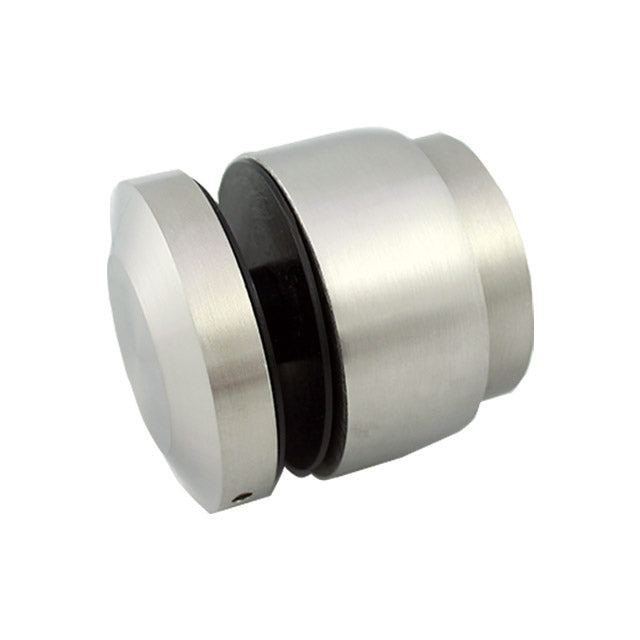
50mm diameter Adjustable Glass Standoff - Satin
Material: Satin 316 Stainless
per Piece
 In Stock In Stock |
 Ships from Adelaide Ships from Adelaide |
Please Read Before Ordering

Material: Satin 316 Stainless
per Piece
 In Stock In Stock |
 Ships from Adelaide Ships from Adelaide |
Please Read Before Ordering
Description
Where would you normally use a stainless steel glass standoffs?
On a wall or end of a stair tread where glass balustrade is required.
It can be adjusted to suit glass from 12mm thick and under.
What is the benefits of it being adjustable?
The distance that the glass sits off of the wall can be easily adjusted from between 25 and 43mm.
This is extremely beneficial when needing to create a straight line of glass balustrading; as most walls will never be 100% straight. By having the adjustment within the standoff, you can more easily correct any imperfections in the surface you are fitting it to.
What is it made out of?
316 Stainless Steel in a Satin Finish.
What size should the hole in the glass be?
The size of the hole in the glass should be at least 20mm in diameter.
Can it be used for exterior applications?
As it is 316 grade Stainless Steel, it is more than suitable for use outside.
What fasteners are supplied?
No fasteners (such as standoff thread rods, or lag screws) are provided, these will need to be purchased separately.
Without regular cleaning and maintenance discolouration of the surface of the stainless steel by corrosion (tea staining) can occur.
How to reduce the risk of tea staining
Stainless steel cleaning schedule
The frequency of cleaning will vary depending on environmental factors i.e. proximity to the ocean, atmospheric and urban conditions. Below is intended as a guide and should be varied as required. We recommend using peek stainless steel polish for maintenance.
| Environment | Distance from Coastline | Cleaning Schedule |
|---|---|---|
| Clean inland environment | 20km + | Every 10 - 12 Months |
| Moderate urban or coastal environment | 1-5km | Every 4 - 6 Months |
| Harsh urban or coastal environment | < 500m | Every 2 - 3 Months |
| Severe coastal/ marine environment | < 500m | Every 1 - 2 Weeks |